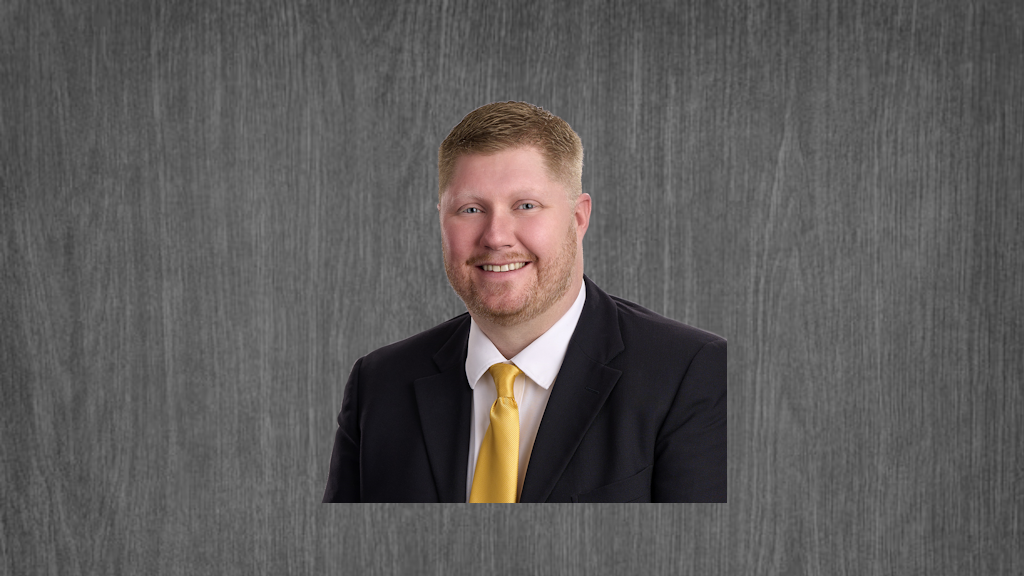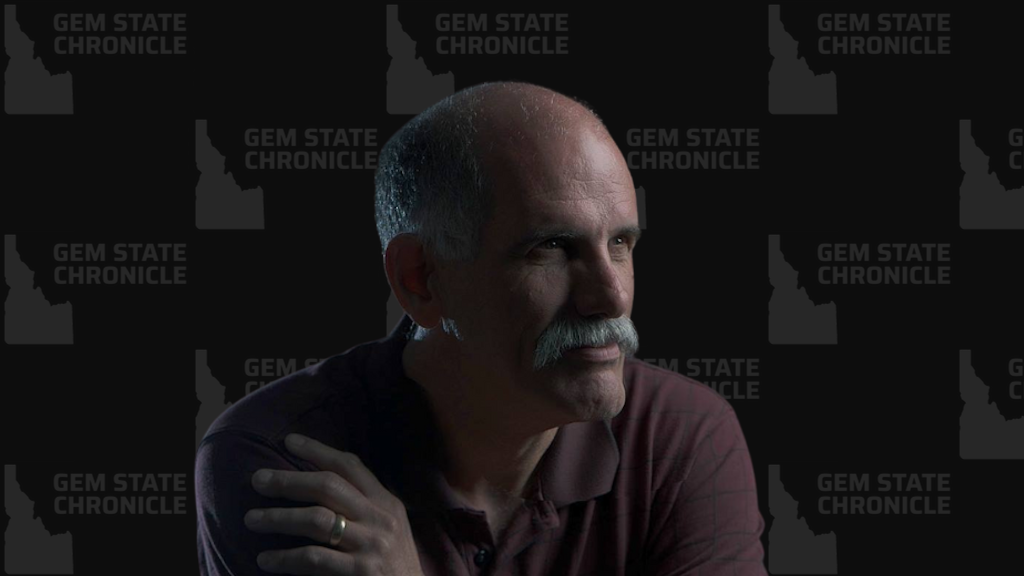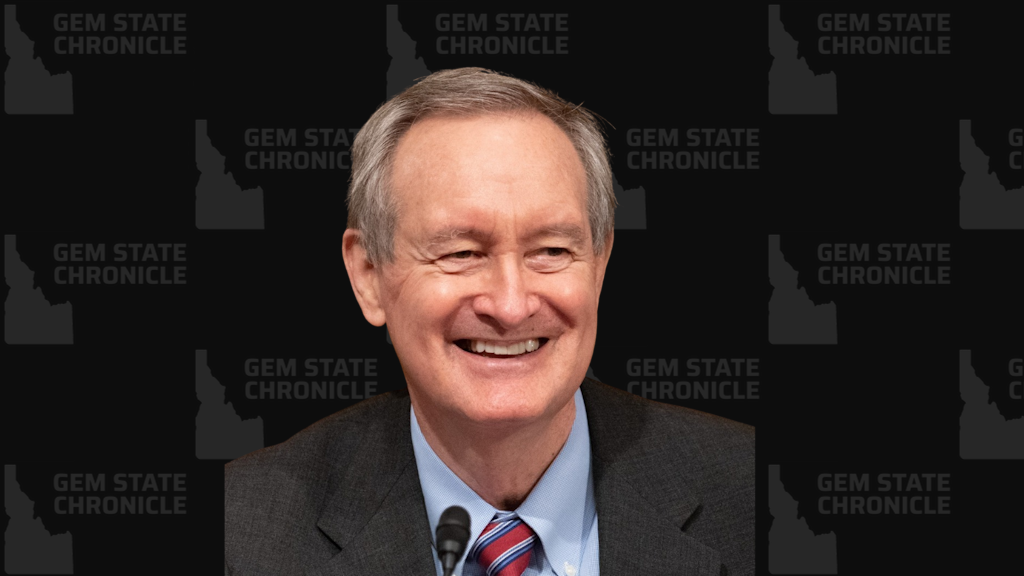By Branden Durst
Okay, friends, gather round. I am going to provide you a history lesson of the real reason why we are having a Republican Presidential Caucus on Saturday instead of the customary primary.
This all started in the early 2010s when a group of Republicans fought against other Republicans to close the primary. As history tells us, those who wanted to close the primary won the internal fight and the subsequent legal fight.
For many on the losing side, those wounds have never healed. But why did the fight it? In large part they fought it because they knew that non-Republicans were responsible for a good amount of their support. They will tell you that the reason they fought was because they wanted to “keep a big tent”. Sound familiar? However, the real reason they feared a closed primary was simple self-interests. A closed primary would dwindle their support. And it did, a little.
Fast forward to the 2018 GOP Primary and the surprise nomination of Janice McGeachin. While crossover voting had existed before this point, the 2018 primary was a clarion call to all the non-Republicans in Idaho to infiltrate the GOP primary so as to disrupt the party’s nominating process.
Unaffiliated and Democratic voters affiliated as Republicans in the tens of thousands, especially in places like Ada County. In the 2022 GOP Primary the clarion call had reached its climax and with only one exception, these newly affiliated Republicans along with their closed primary losing side Republicans successfully completed their coup d état for Idaho’s Constitutional Officers.
Republicans who believed in the freedom of association and wanted only “real” Republicans (that is, Republicans who supported the GOP platform) voting in the primary were predictably irate. I was one of them. So, I, and a few others went to work.
I put my name in to be a delegate to the GOP Convention in Twin Falls in the summer of 2022 and with it, I submitted multiple proposals to stop what I saw as a scourge of crossover voting by bad faith voters who affiliated as Republicans.
My proposals were met with overwhelming support by the convention attendees. But the work was not done because Party rules could not be adopted at the Convention, but instead only at meetings of the State Central Committee.
So, I proceeded to the 2023 Winter Meeting in January determined to have my rule adopted by the #idgop State Central Committee. After some discussions with a few others, I agreed to a few amendments to my original proposal and that compromise rule was ultimately adopted overwhelmingly by the State Central Committee.
Now, the timing here is particularly important, so I’m going to be a bit redundant. The Winter Meeting occurred one week before the start of the 2023 #idleg session. It was not until the rule was adopted that newly elected Secretary of State Phil McGrane apparently hatched his new idea, along with other pro-crossover voting Republicans, to eliminate the March presidential primary. But why?!
And this is where things get even more insider baseball. See, the pro-crossover voting Republicans realized that the way the party rules were written meant that if Democrats and Unaffiliated voters voted in the March presidential primary for their real candidate of choice (Joe Biden), they would not be eligible to vote in the subsequent May GOP primary.
So acting in their own self-interests, they quickly put together a cockamamie proposal to get rid of the March presidential primary and merge everything into the May primary. The problem is, and was, in their haste the legislation only eliminated the March presidential primary but did nothing about scheduling it in May.
The legislation was passed by the legislature and sent to the Governor Little’s desk. Right behind it was a “trailer bill” that sought to fix the hurried error in the presidential primary killing legislation pushed by the pro-crossover voting Republicans.
The problem was that at this point, the Idaho GOP, by and through our chair @moonforidaho
, became aware of the scheme and advocated against eliminating the March presidential primary and against the trailer bill. The trailer bill died in the Idaho House State Affairs Committee due to a lack of a motion. A short time period later Brad Little signed the flawed presidential primary killing bill, knowing full well that doing so would mean Idaho would no longer have a presidential primary.
Again, the timing here is critical. The demise of the trailer bill occurred BEFORE Brad Little signed the presidential primary killing bill. He knew exactly the impact. He did it anyway because he knew that the risk of preventing crossover voters to support him and his allies was too great, even if it meant the disenfranchisement of thousands of Idaho voters in having their voices heard in the presidential primary.
(As an aside the pro-crossover voting Republicans never consulted with the Idaho GOP or the Idaho Dems, major stakeholders in this decision. The reasons why should not be lost on anyone.)
The legislative session adjourned and the calls to reinstate the primary grew louder. Members of the Idaho House signed a petition calling the legislature back into session to reinstate the March presidential primary, but the Senate, controlled by pro-crossover voting Republicans, refused to agree, placing their own political interests above their own constituents.
At the same time, Chairwoman Moon assembled a special committee, of which I was a member, tasked with exploring alternatives to the March presidential primary, in the event the legislature refused to correct its grievous mistake. Our committee worked diligently debating pros and cons to different alternatives and researching best practices from other states.
We landed on two options that we would present to the State Central Committee at the Summer Meeting in Challis. The first option was a firehouse caucus, the other was a convention.
The two options were taken to the party’s Rules committee at the Summer Meeting where they were debated and refined. When presented to the body (the State Central Committee), the support was nearly unanimous for the firehouse caucus, much to the chagrin of presidential convention champion, @BjornJHandeen.
Throughout the Summer Meeting everyone called on the legislature to fix its mistake. No one, especially Dorothy Moon and others who have worked tirelessly to make this caucus a reality, wanted the responsibility of organizing a caucus with such short notice. Yet, faced with an RNC imposed deadline, a decision had to be made or Idaho’s 32 delegates to the National Convention could be in jeopardy.
As the state party office waited on the legislature, publicly calling for the reinstatement of the March presidential primary, work was well underway to make the caucus a reality, if it should come to that.
The RNC’s September deadline came and went without legislative action. The caucus was the only alternative remaining. Unfortunately for voters, the pro crossover voter Republicans got their way and on March 2nd, if you’re upset about the inconvenience of the caucus, remember how we got here. #idpol #idgop
Branden Durst, MPA, EdS, is a former state senator and currently vice chairman of the District 22 Republican Central Committee
Originally published on X
About Branden Durst
Branden Durst, MPA, EdS, is the chairman of Brabeion Academy. He is a former Idaho state representative and Idaho state senator and co-creator of the highly successful Advanced Opportunities program.













